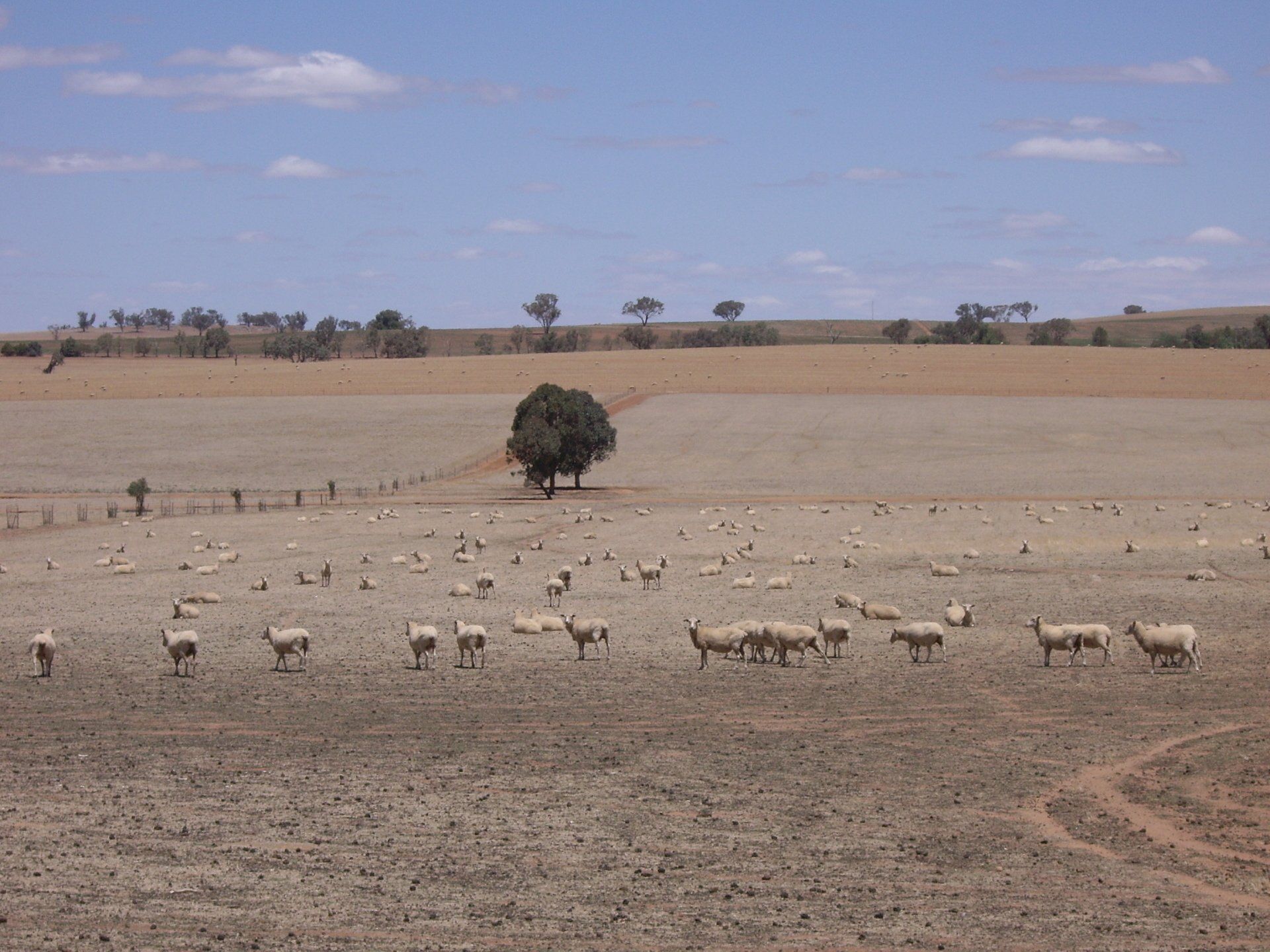1MG FlippingBooks
State budgets to provide support for drought
Numerous 2019-20 state budgets have allocated funding to address the flow-on impacts of drought conditions, acknowledging the need to assist affected farmers.
The NSW 2019-20 budget will include a $355 million economic stimulus package to support regional communities, businesses and workers. $170 million will be dedicated to a special purpose Drought Infrastructure Package, whilst an additional $185 million will go towards on-farm drought support measures.
This brings the NSW Government’s investment in drought support to more than $1.8 billion.
“The impact of this drought has spread quickly off farm and is now being felt by businesses and households in towns and cities across regional NSW,” says NSW Premier Gladys Berejiklian. “When farmers can’t contract tradies and other workers, there is a flow on effect felt throughout local businesses such as cafes and local stores. This funding package will support these rural communities in their time of need.”
The assistance will cut the costs of fees and charges for farmers, whilst also allowing them to continue relying on transport subsidies.
“Our farmers are doing it incredibly tough and that’s why we’re directing additional funds to help reduce cost of living pressures, drought-proof properties and transport stock and fodder,” says NSW Minister for Agriculture Adam Marshall. “While what is needed most is simply more rainfall, I’m confident this package will help alleviate the burden associated with one of the worst droughts in living memory.”
The Queensland Government’s 2019-20 budget will also support communities affected by drought by continuing the state’s Drought Relief Assistance Scheme , which provides farming businesses with subsidies and rebates to help manage livestock welfare during drought periods. It has committed $74.6 million over four years to implement Queensland drought reform and deliver on its commitments under the National Drought Agreement.
In addition to this, the Queensland budget has also allocated $11.7 million to the Queensland Drought and Climate Adaption Program to fund the program’s remaining three years. This research-focused initiative brings together various scientists, government and non-government agencies and industry leaders to help producers better manage climate impacts.
“These are critical measures to support farmers and regional communities so jobs are protected and drought-affected industries can bounce back,” says Queensland Minister for Agricultural Industry Development and Fisheries Mark Furner.
This funding has been welcomed by the Queensland Farmers Federation (QFF). “Credit to the government for maintain funding for drought relief,” says QFF CEO Travis Tobin. “An unwavering commitment to these areas is a must for the sector.”
However, although the Victorian Budget will provide $12.6 million in funding to help drought-affected farmers, including support for infrastructure and the extension of hardship payments, the Victorian Farmers Federation (VFF) believes more action is necessary.
“Many of our farmers across the State are still experiencing drought and it was frustrating not to see a greater focus on support and adaption,” says VFF President David Jochinke.
To read more about drought and rural support measures, click here.

















